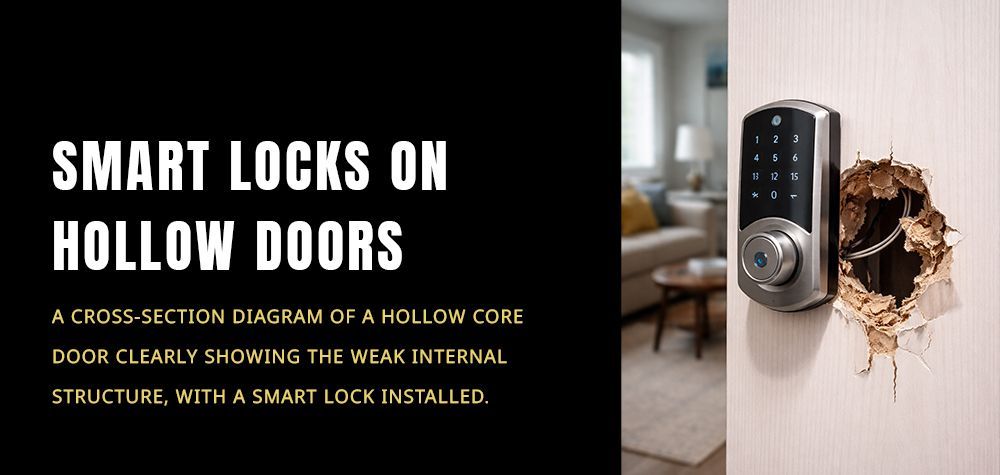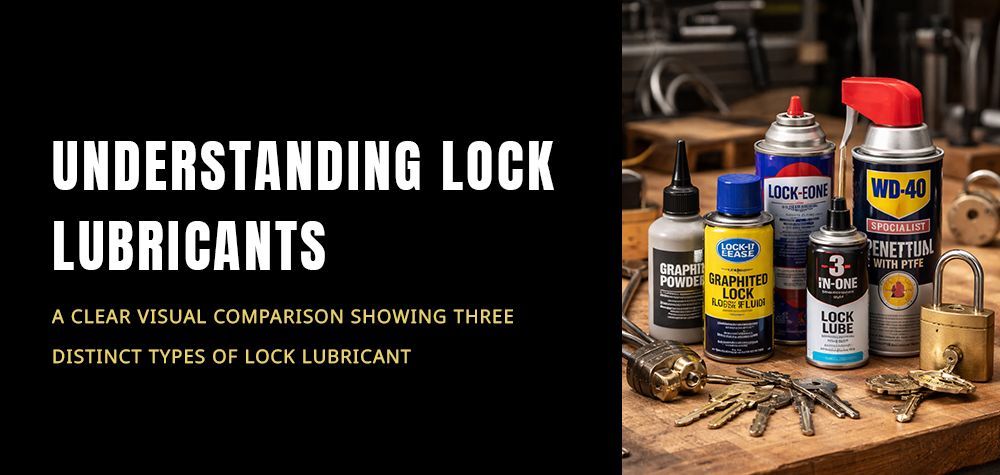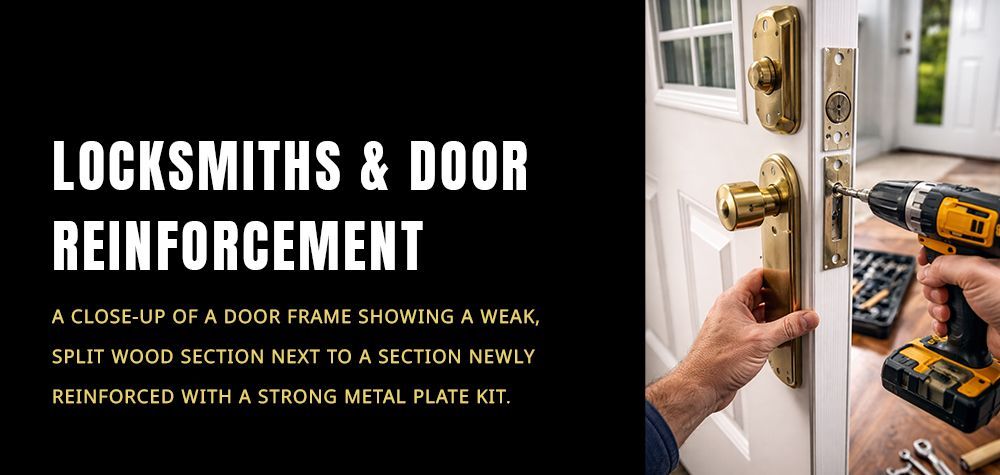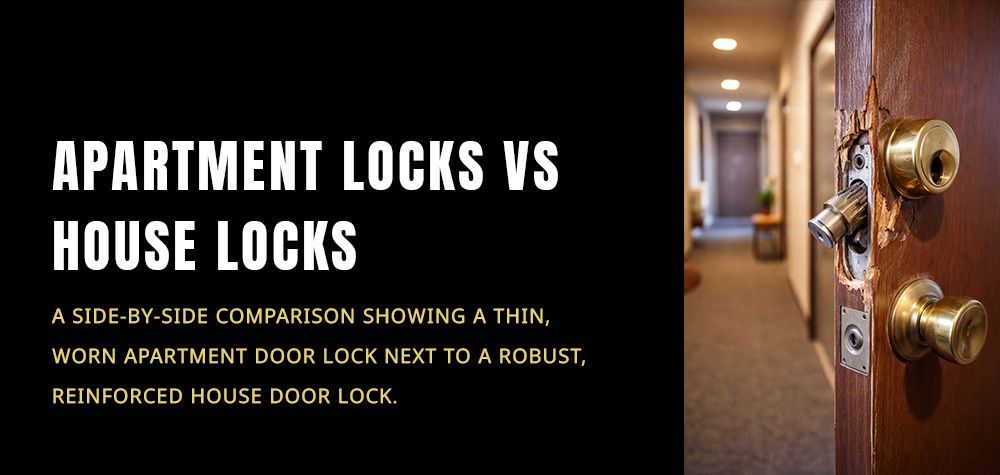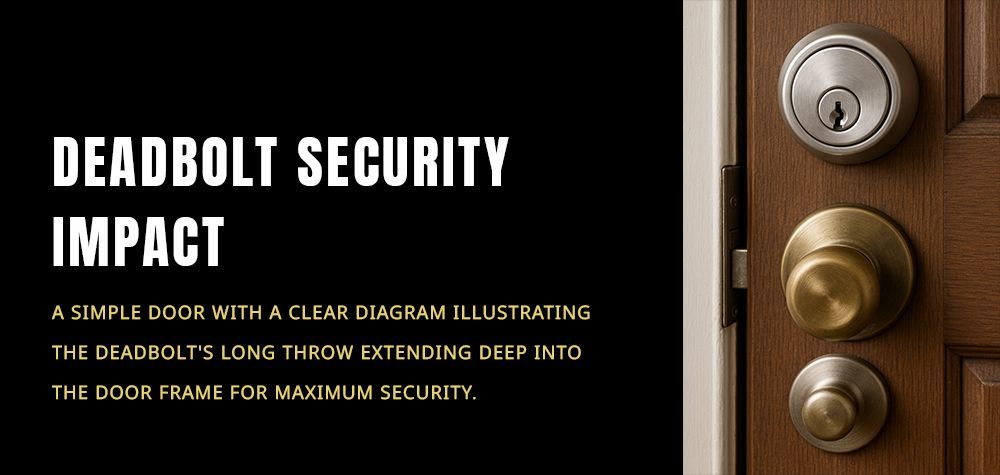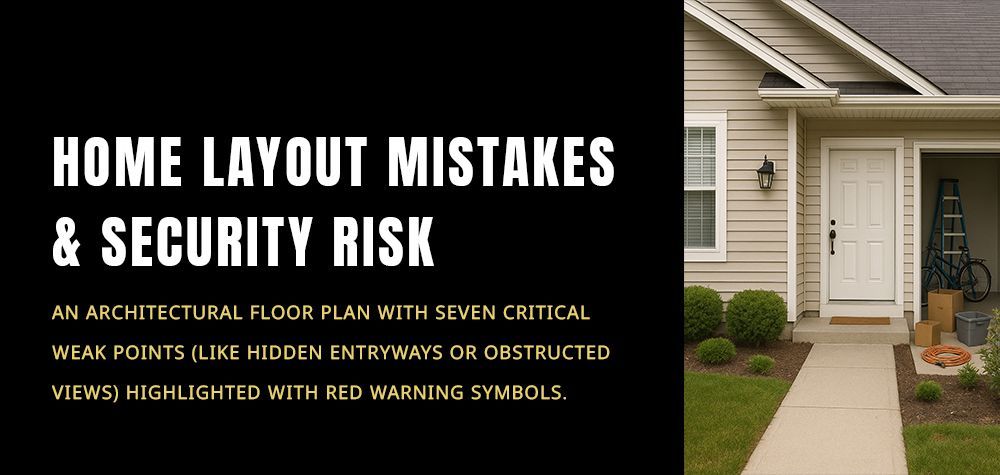Dangers of a Faulty Latch
A faulty latch can pose significant risks to your safety, security, and peace of mind. Whether it’s on a door, gate, or window, a malfunctioning latch can lead to various issues that may compromise your home’s security and your personal safety. In this article, we’ll explore the dangers of a faulty latch, what could happen if it’s not addressed, and how to prevent these issues from occurring. We'll also answer some frequently asked questions about faulty latches.
Guide to Well-Maintained Car Latches
Understanding the Dangers of a Faulty Latch
1. Security Risks from a Faulty Latch
A faulty latch can leave your home vulnerable to break-ins and unauthorized access. When a latch doesn’t secure properly, it becomes an easy target for intruders. This compromised security can put your belongings and, more importantly, your loved ones at risk.
2. Safety Hazards of a Faulty Latch
Beyond security, a faulty latch can pose direct safety hazards. For instance, if a latch on a gate or door fails, it could unexpectedly swing open, leading to potential injuries. This is especially dangerous in homes with small children or pets who might wander into unsafe areas.
3. The Risk of Lockouts with a Faulty Latch
A faulty latch can also lead to lockouts, where you find yourself unable to access your home or specific areas within it. This can be particularly inconvenient and stressful, especially if it happens at an inopportune time.
What Could Happen with a Faulty Latch?
1. Break-Ins and Theft
One of the most severe consequences of a faulty latch is the increased risk of break-ins and theft. Intruders look for easy entry points, and a malfunctioning latch provides just that. Protecting your home means ensuring all entry points are secure.
2. Accidental Injuries
A faulty latch can cause doors or gates to open unexpectedly, leading to accidents and injuries. This is a significant concern for households with children, elderly family members, or pets.
3. Damage to Property
Repeatedly using a door or gate with a faulty latch can cause further damage to the latch mechanism and the door itself. This can result in more extensive and expensive repairs over time.
Prevention Methods for a Faulty Latch
1. Regular Maintenance
Regularly inspect your latches for signs of wear and tear. Tighten screws, oil hinges, and ensure that the latch mechanism operates smoothly. This proactive approach can prevent many issues before they become serious problems.
2. Timely Repairs
At the first sign of a faulty latch, address the problem immediately. Whether it’s a loose screw or a misaligned latch, fixing minor issues can prevent them from escalating into major concerns.
3. Upgrade to High-Quality Latches
Investing in high-quality latches can provide better security and longevity. Look for latches made from durable materials and consider those with additional security features.
4. Professional Inspection
For critical entry points, consider having a professional locksmith inspect and maintain your latches. They can identify potential issues and provide expert solutions to keep your home secure.
FAQs about Faulty Latches
Q: How do I know if my latch is faulty?
A: Signs of a faulty latch include difficulty in closing or opening the door, a loose or wobbly handle, and the door not staying securely shut. Regularly inspect your latches for these signs.
Q: Can a faulty latch be repaired, or does it need to be replaced?
A: It depends on the extent of the damage. Minor issues like loose screws can often be repaired, but severe damage may require replacing the latch entirely.
Q: Are certain types of latches more prone to faults?
A: Cheaper, low-quality latches are more prone to faults. Investing in high-quality, durable latches can reduce the likelihood of encountering problems.
Q: How often should I inspect my latches?
A: It's advisable to inspect your latches every few months, especially before and after harsh weather conditions that could affect their performance.
Q: What should I do if I get locked out due to a faulty latch?
A: If you get locked out, contact a professional locksmith to gain entry and fix the faulty latch. Avoid forcing the latch, as this can cause further damage.
Conclusion
A faulty latch is more than just a minor inconvenience; it poses significant security and safety risks. Understanding the dangers of a faulty latch, recognizing what could happen if it’s not addressed, and implementing preventive measures are crucial steps in maintaining a secure and safe home. Regular maintenance, timely repairs, and investing in high-quality latches can go a long way in preventing the issues associated with faulty latches. By taking these steps, you can ensure your home remains a safe and secure environment for you and your loved ones.
Call Us Any Time!


